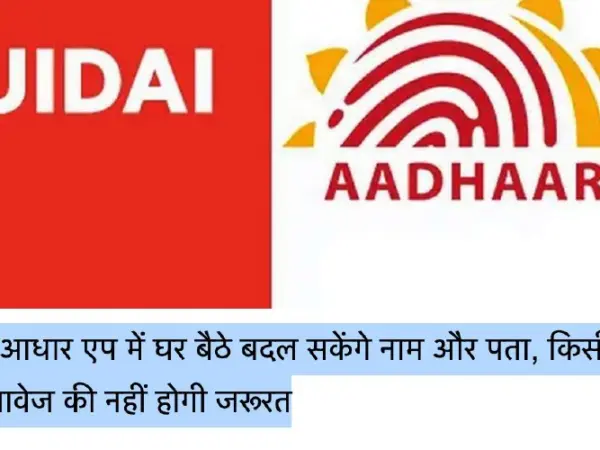Filing your income tax returns can be a daunting task, especially with the complex regulations and ever-changing laws. However, it’s crucial to get it right, as even seemingly minor errors can land you an income tax notice. Here’s a breakdown of common mistakes that often lead to scrutiny from the Income Tax Department:
1. Incorrect Personal Information
The most basic, yet surprisingly frequent, mistake is providing inaccurate personal information. Double-check your name, PAN (Permanent Account Number), address, and bank details before submitting your return. Any discrepancy can raise red flags and trigger a notice.
2. Choosing the Wrong ITR Form
Different ITR forms cater to various income sources and categories of taxpayers. Using the wrong form can lead to confusion and potential errors in your tax calculation, making you a prime target for a notice.
3. Failure to Report All Income Sources
Ensure you report all your income sources, including salary, interest, dividends, rental income, and capital gains. Even small amounts from freelance work or part-time jobs must be declared. The Income Tax Department has access to information from various financial institutions, so any mismatch will likely be noticed.
4. Calculation Errors
It’s easy to make mistakes while calculating your tax liability, deductions, or exemptions. These errors can lead to either underpaying or overpaying your taxes, both of which can attract unwanted attention from the tax authorities.
5. Neglecting Eligible Deductions and Exemptions
Many taxpayers miss out on claiming eligible deductions and exemptions under various sections of the Income Tax Act. This can significantly increase your tax burden unnecessarily. Be sure to research and understand all the deductions and exemptions you qualify for to minimize your tax liability.
6. Inconsistent or Mismatched Information
Any discrepancy between the information you provide in your ITR and the data available with the Income Tax Department (Form 26AS or AIS) will raise suspicion. Ensure your income details, TDS (Tax Deducted at Source) amounts, and other financial information match across all platforms.
7. Late Filing or Non-Filing
Filing your ITR after the due date or not filing it at all is a guaranteed way to receive a notice. The Income Tax Department imposes penalties for late filing and can even initiate legal action in cases of non-compliance.
Additional Tips to Avoid Notices:
- Verify Form 26AS: Regularly check your Form 26AS to ensure all your income and TDS details are accurately reflected.
- Maintain Proper Documentation: Keep all your income and expense-related documents organized and readily available in case of a tax audit.
- Seek Professional Help: If you’re unsure about any aspect of your tax filing, consult a qualified tax professional to avoid errors and potential notices.
- E-Verify Your Return: E-verification is mandatory to complete your ITR filing process. Ensure you e-verify your return within the stipulated timeframe.
By being diligent and avoiding these common mistakes, you can significantly reduce the chances of receiving an income tax notice. Remember, accurate and timely filing of your ITR is not just a legal obligation but also a way to ensure peace of mind.





